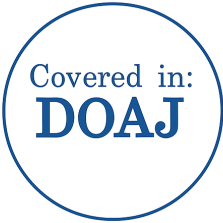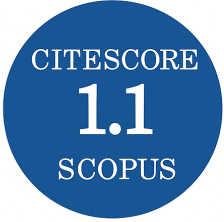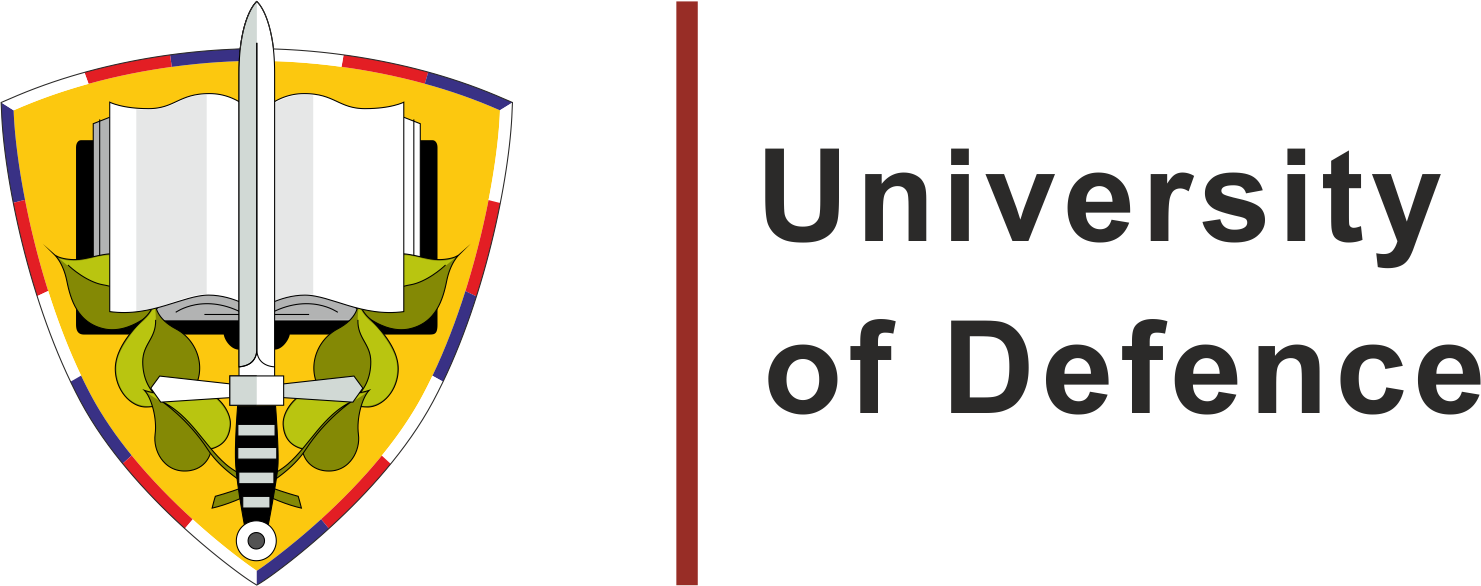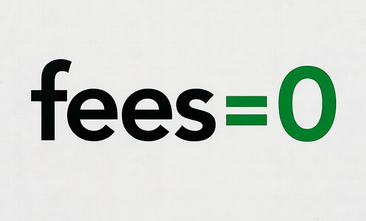Relationship Between Writing Skills of Native and Foreign Languages in Military Students
DOI:
https://doi.org/10.3849/aimt.01007Abstract
The article deals with research conducted on the students of Military Technology at the University of Defence and it highlights some aspects of their writing skills both in their native language (Czech) and English. English language skills are considered to be an integrated part of the profile of the graduates of Military Technology. The authors believe that writing skills in both languages are indispensable for a good scientist in all branches, including military technology. Thus the article presents one of the ways how to identify some pitfalls in learning English in students of Military Technology, and how to address them.References
ELIS, R. The Study of Second Language Acquisition, 2012, Oxford University Press, ISBN 978 0 19 442257 4.
DAGNEAUX, E., DENNESS, S., GRANGER, S. Computer-aided error analysis. System, vol. 26, 1998
JELÍNEK. S. Písemný projev v komplexnosti vyučování cizím jazykům. Cizí jazyky, č. 7-8,/92-93, s. 246.
MYLES, J. Second Language Writing and Research: The Writing Process and Error Analysis in Student Texts, Teaching English as a second or foreign language (the electronic journal for English as a second language), vol. 6, no. 2, September 2002.
RICHARDS, J. C., PLATT, J., PLATT. H. Dictionary of Language Teaching and Applied Liguistics. 8th. Edition. Harlow: Longman Group UK Limited. 1999. ISBN 0-582-07244-1.
Downloads
Published
Issue
Section
License
Authors who publish with this journal agree to the following terms:
1. Authors retain copyright and grant the journal right of first publication with the work simultaneously licensed under a Creative Commons Attribution License that allows others to share the work with an acknowledgement of the work's authorship and initial publication in this journal.
2. Authors are able to enter into separate, additional contractual arrangements for the non-exclusive distribution of the journal's published version of the work (e.g., post it to an institutional repository or publish it in a book), with an acknowledgement of its initial publication in this journal.
3. Authors are permitted and encouraged to post their work online (e.g., in institutional repositories or on their website) prior to and during the submission process, as it can lead to productive exchanges, as well as earlier and greater citation of published work.
Users can use, reuse and build upon the material published in the journal for any purpose, even commercially.






